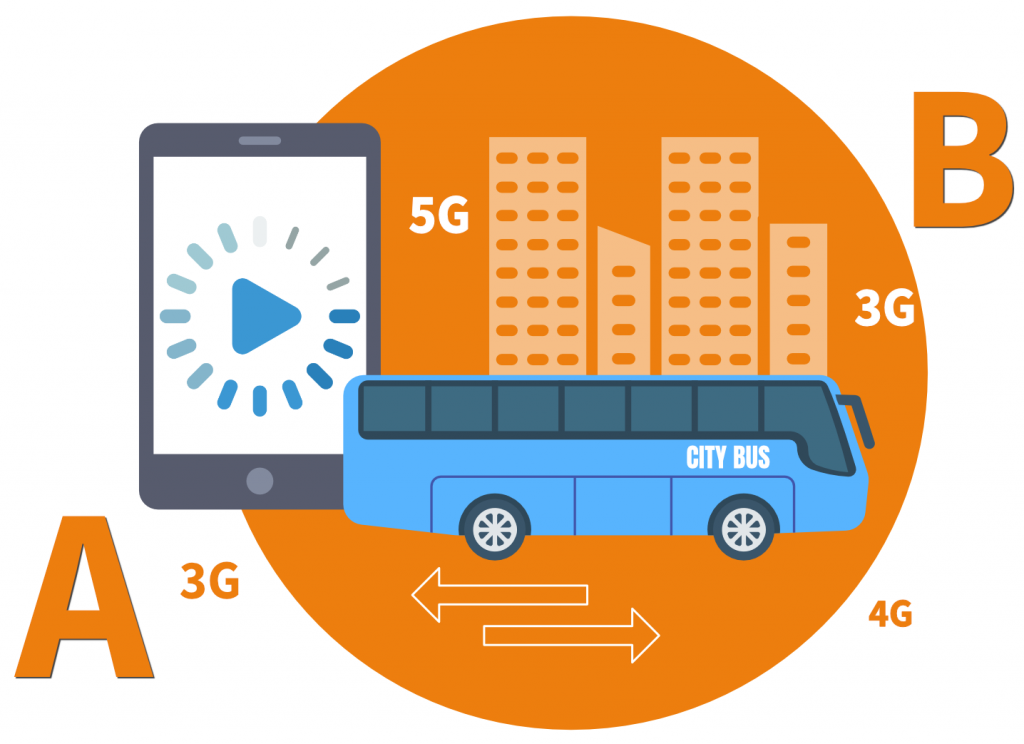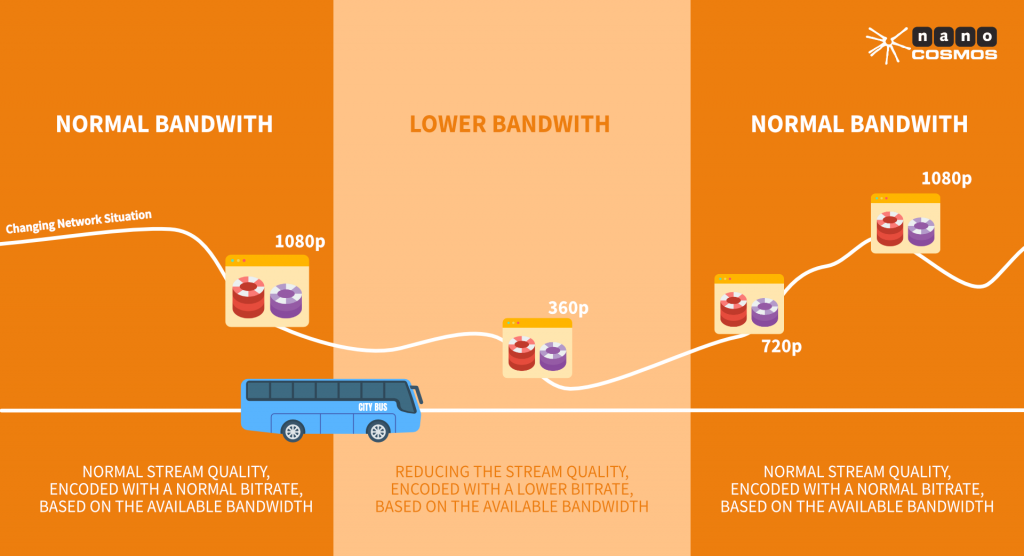Published in the magazine issue July, 2021 of ![]()
Germany: challenges and opportunities
Oliver Lietz, Founder of ![]() nanocosmos, says the German market is packed with potential but the casino vertical will look very different due to regulatory constraints.
nanocosmos, says the German market is packed with potential but the casino vertical will look very different due to regulatory constraints.
The German gaming market embracing regulation and licensing for online casino and sports betting for the first time has been received with a mixed response from the wider industry. With online casino alone expected to reach €3.3bn a year by 2024 the market is substantial, but regulations are stringent and will likely deter some from entering the fray. With limits on slots such as spin speed and bet value, and a tax system that will hit online operators hard, the casino vertical could look very different to other regulated markets. For this reason, operators should offer a broad portfolio of content with particular focus on live dealer which continues to see a rise in popularity in markets around the world. Indeed, H2 Gambling Capital estimates that global live dealer GGR will reach $7.2bn per year by 2025, accounting for 30% of the total online casino market.
But providing a superior live casino experience across desktop and mobile in Germany is not without its challenges; operators will have to overcome these if they are to leverage the vertical’s potential.
The challenges faced
The key to delivering a seamless live dealer experience lies in the latency of the video; this is the time delay between when the dealer does something and the viewer sees it.
While zero latency cannot be guaranteed in traditional live streaming environments, anything above one second destroys the use case as bets would come in too late. Then there is the need to access content easily on any device. Mobile is the most challenging in this regard; most web browsers are easy to access but are the most complicated when it comes to bandwidth and internet quality. Even though Germany is a modern and advanced country, consumers still suffer from low bandwidth and this has a significant, negative impact on the live casino experience they receive. For the operator, it can be the difference between monetizing the game or not – if it keeps buffering or cutting out, players will simply leave the game and perhaps their online casino.
Bandwidth on the bus
 Let me explain by way of example:
Let me explain by way of example:
A player is travelling into the city on a bus. As they do, their mobile will connect to different internet bandwidths, going from 4G to 3G, up to 5G and then back to 4G. If the person is playing live dealer roulette at the time when they hit a low bandwidth spot, the stream will likely buffer, disconnect or simply not work. In terms of a player experience, there really is nothing worse than placing a bet and then just as the dealer is about to spin the roulette wheel, you get kicked out into the game lobby.
The answer lies in modern technology
At present, most operators are taking a trial-and-error approach when it comes to the settings used for live casino streams whereas they should be relying on modern technologies. The best live dealer platforms will use low-latency, adaptive bitrate playback to cope with all different types of network situations. They will also provide analysis of the live stream. Ultra-low latency ensures the delay between dealer action and the player seeing it is well under one second, while the adaptive bitrate playback handles changing bandwidth. It works by reducing the stream quality, encoded with a lower bitrate, based on the available bandwidth. As soon as the bandwidth improves, so does the quality of the stream. This means the player experience always remains smooth and seamless, regardless of the device they are on and the quality of internet available at that time. This will be key in Germany where there is potential to unlock so long as operators enter the market with the right content mix and, when it comes to live dealer, deliver a superior player experience.

 Bio: Oliver Lietz founded
Bio: Oliver Lietz founded ![]() nanocosmos in 1998 with a strong background in video R&D for video/audio coding and streaming for the broadcast industry. Since then he has been focusing on developing solutions that integrate video technology into custom business applications like iGaming platforms.
nanocosmos in 1998 with a strong background in video R&D for video/audio coding and streaming for the broadcast industry. Since then he has been focusing on developing solutions that integrate video technology into custom business applications like iGaming platforms.
Please reach out to the nanocosmos team for further information or any questions:
